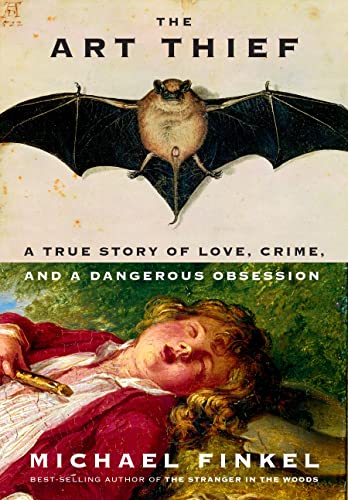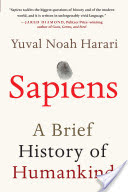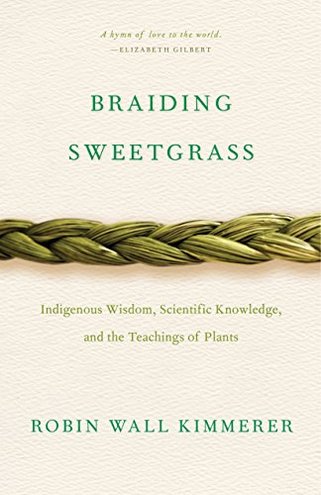Review of THE ART THIEF
by Johny McFliggen, PhD Literature & Business, Oxford
In "The Art Thief," Michael Finkel spins a tale that reads like the love child of a true-crime thriller and an art history lecture, except this one doesn't put you to sleep. Stéphane Breitwieser emerges as a character so deeply entwined with his pilfered treasures that he seems more like a tragic romantic hero than a common criminal. Finkel, with the prowess of a seasoned detective, dissects Breitwieser's psyche with the precision of Sherlock Holmes and the intrigue of an Agatha Christie novel, bringing to life a man driven not by greed but by an insatiable desire for beauty.
Breitwieser is not your average art thief. His motivation is sheer admiration—a pathological need to possess beauty for its own sake, reminiscent of Jay Gatsby's pursuit of the green light, minus the champagne and jazz. This obsession is both his muse and his downfall, as Finkel poignantly reveals through a narrative that is as much a psychological exploration as it is a recounting of events. It's a compelling juxtaposition; Breitwieser's sophisticated taste clashes deliciously with the crude reality of his crimes.
Finkel's previous work, "The Stranger in the Woods," displayed his knack for getting under the skin of hermit-like figures, and here he channels that same energy into peeling back the layers of Breitwieser's character. The book's strength lies in its ability to transform dry facts into a vibrant tapestry of human emotion and moral complexity. Finkel does not merely present a series of thefts; he invites readers to ponder the nature of art, ownership, and appreciation. It's like watching "Ocean's Eleven" if it were directed by Ingmar Bergman—elegant yet deeply introspective.
"The Art Thief" does occasionally meander into the weeds of detail, which might test the patience of those who prefer their narratives brisk and lean. However, for those who revel in the minutiae, it's like savoring a complex wine—each note adds depth to the experience. The art world's vulnerabilities are laid bare, yet Finkel resists the temptation to sensationalize; instead, he opts for a thoughtful exploration akin to Laney Salisbury and Aly Sujo’s "Provenance."
While it hasn't yet snagged major accolades, this book stands tall in its genre, sharing shelf space with Ulrich Boser's "The Gardner Heist." Both works delve into the murky waters where art and crime intersect, but Finkel's narrative has an edge—a delicate balance of suspense and scholarly insight that keeps you turning pages long into the night.
In essence, "The Art Thief" is a masterful dance between true crime and artistic reverence. Finkel has crafted a narrative that is as much about human frailty as it is about stolen canvases. It is an ode to beauty and obsession, artfully capturing the paradoxical world of a man who stole not for profit but for passion. In doing so, Finkel ensures that Breitwieser’s story will linger in the mind like a haunting melody—beautifully unforgettable.
Purchase Link: THE ART THIEF on Amazon



